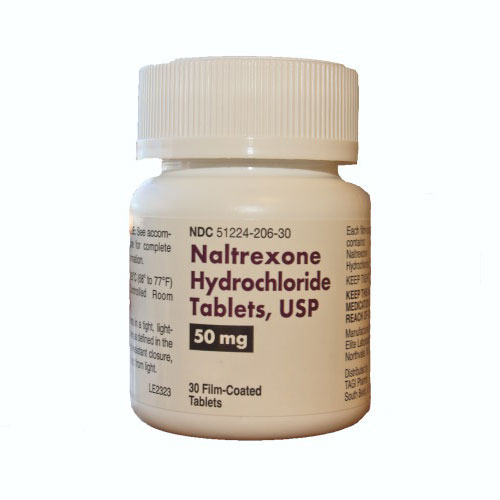Study Finds Naltrexone Has No Serious Side Effects
/By Pat Anson, PNN Editor
A generic drug increasingly used off-label to treat fibromyalgia and other chronic pain conditions is safe to use and more clinical studies are needed on its potential uses, according to British researchers.
Naltrexone is primarily used to treat alcoholism and opioid addiction, but many patients have discovered that low doses of naltrexone (LDN) are effective in relieving pain and other symptoms.
Many doctors won’t prescribe naltrexone, often citing liver toxicity as a reason. But when researchers at The University of Manchester reviewed 89 placebo-controlled studies of naltrexone involving over 11,000 patients, they found no evidence of any serious side effects.
"Though naltrexone is licensed for the treatment of alcohol addiction, it remains underutilized,” says lead author Monica Bolton, PhD, who reported her findings in the journal BMC Medicine. "And that has devastating consequences for individuals, health and social services in the UK and around the world.
"It is cost effective and could reduce deaths."
“Our review also shows that fears over side-effects are unfounded," said co-author Alex Hodkinson, Phd. "Like all drugs for alcohol addiction, the chaotic nature of being an addict means this drug is simply not prescribed as much as it should be,”
Naltrexone does cause minor side effects in some patients, such as nausea and dizziness, and because it is an opioid antagonist the drug should not be taken with opioid medication.
The fact that naltrexone is generic and inexpensive is one reason the drug is not more widely prescribed. There is little incentive for pharmaceutical companies to market naltrexone or to conduct expensive clinical trials to prove its effectiveness in treating pain.
"As it is safe, cheap and long out of patent, naltrexone would seem an excellent candidate for repurposing for a whole range of conditions,” says Bolton. "That is why it is imperative to find ways to fund clinical trials to test if it might one day be possible to license it.
"The problem is, it is extremely difficult to repurpose existing drugs - and naltrexone is just one example of many wasted opportunities to treat people and save the NHS money."
Of the 89 naltrexone trials included in the Manchester University study, only 3 dealt with chronic pain conditions.
Anecdotal evidence suggests that at very low doses of 5 mg or less, naltrexone may be able to treat a range of immune-modulated conditions including Crohn's disease, HIV, multiple sclerosis, fibromyalgia and Chronic Fatigue Syndrome (ME/CFS).
In a PNN guest column, Marelle Reid shared her experience using LDN to treat Interstitial Cystitis, while Janice Hollander said LDN “completely changed my life” when she started taking it for fibromyalgia.
Patients interested in trying LDN often encounter doctors who refuse to prescribe it. The LDN Research Trust includes a list of LDN-friendly doctors and pharmacies on its website.




